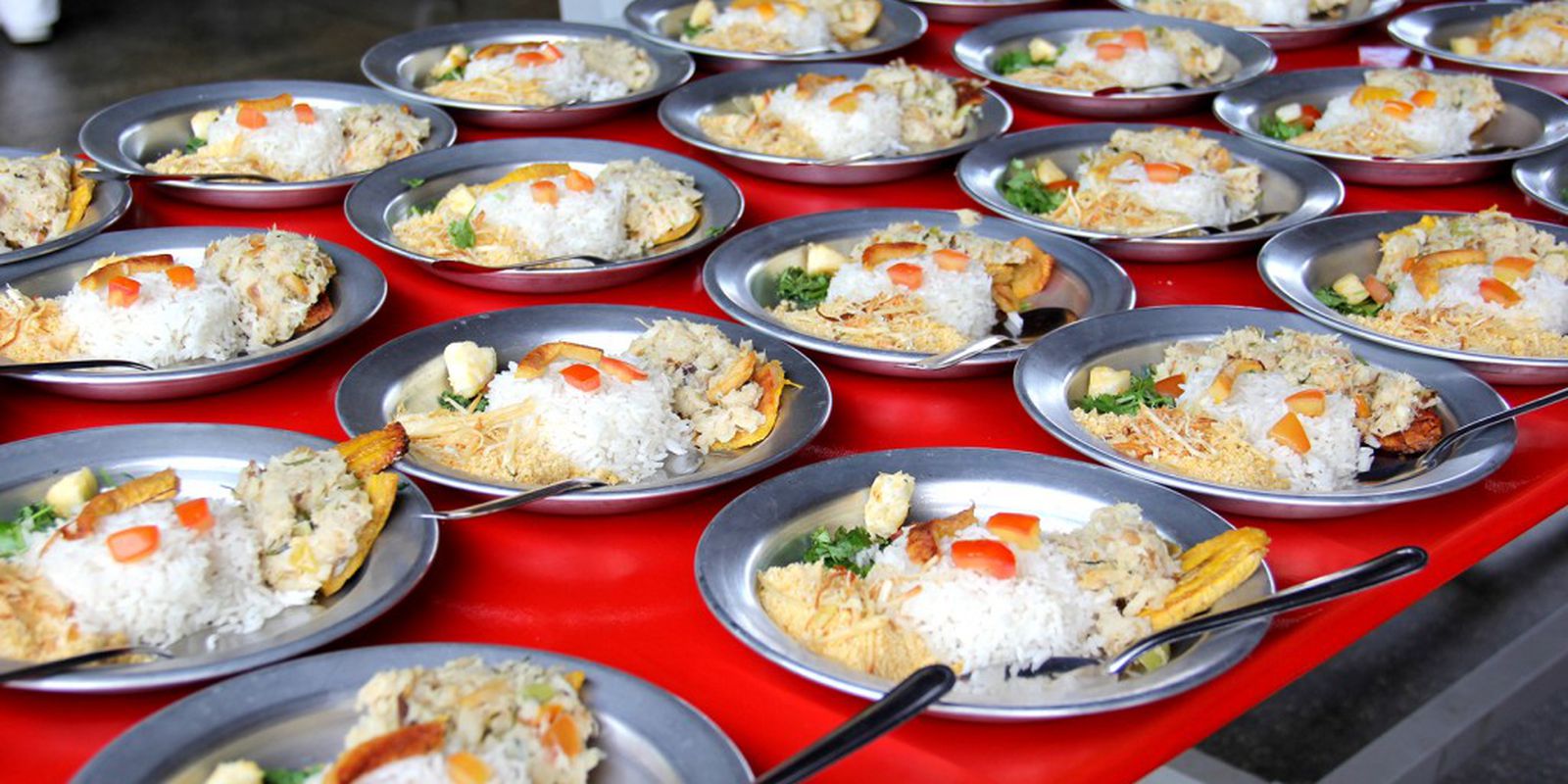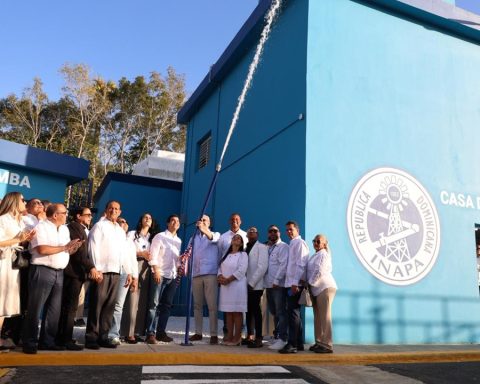The Minister of Education, Camilo Santana, signed, this Tuesday (4th), an inter-ministerial Technical Cooperation Agreement to promote healthy eating and strengthen family farming in schools across the country. The document establishes partnerships between the National Education Development Fund (FNDE), the Ministry of Agrarian Development and Family Agriculture (MDA), the Ministry of Development and Social Assistance, Family and Fight Against Hunger (MDS) and the Ministry of Health, with a focus on combating malnutrition in the school environment.
The government’s perspective is to allocate, throughout 2023, R$ 5.5 billion to feed about 40 million students of public basic education, a growth of 36%. The Technical Cooperation Agreement will comply with the recommendations of the National School Feeding Program (PNAE).
Another commitment assumed by the federal government is to implement actions aimed at increasing the purchase of foodstuffs from family farming and reducing the consumption of ultra-processed foods.
“In some schools and municipalities, many times the only meal the child has during the day is the one offered at school. This is a cruel reality. We have to be indignant, every day, and not accept that, in a country the size of Brazil, there are still people going hungry”, said the Minister of Education.
The agreement will be valid for 48 months and, after its publication, the ministries will hold bimonthly meetings to jointly plan and organize actions. The Ministry of Education (MEC) will coordinate educational actions addressing the issue of healthy eating and nutrition. The FNDE will collect data regarding the purchase, with PNAE resources, of foodstuffs from family farming and school feeding strategies for basic education students.
According to the MEC, of the total financial resources transferred by the FNDE, within the scope of the PNAE, at least 30% must be used in the acquisition of foodstuffs directly from family farming and rural family entrepreneurs or their organizations. And priority should be given to agrarian reform settlements, traditional indigenous and quilombola communities.
















